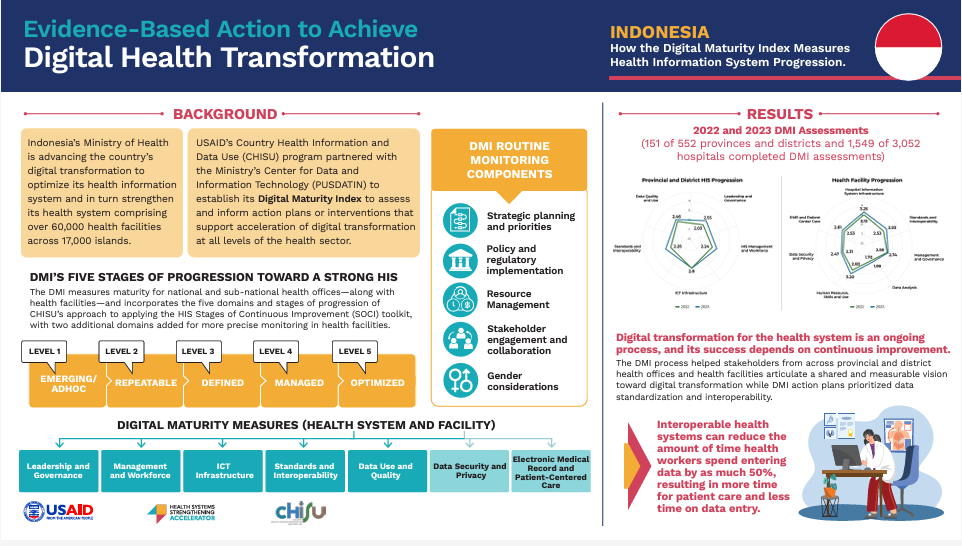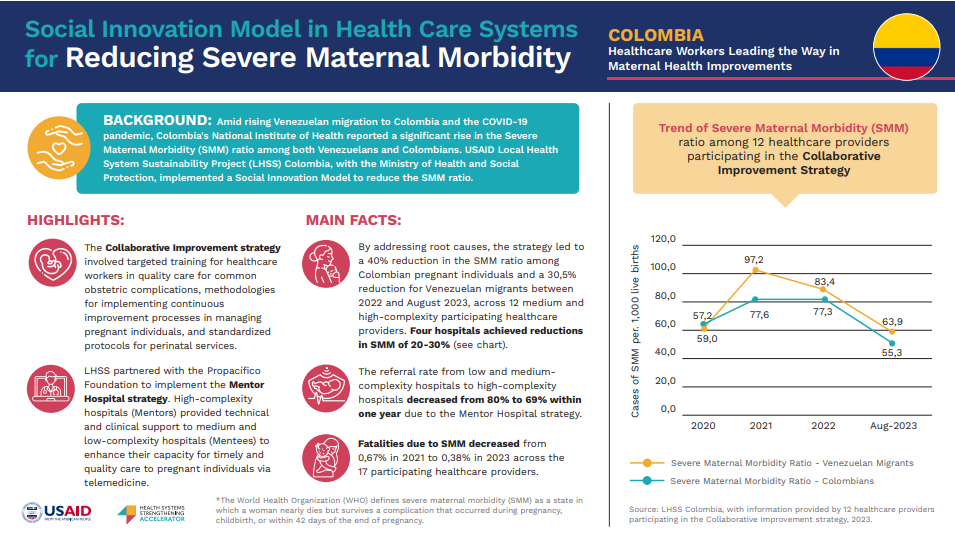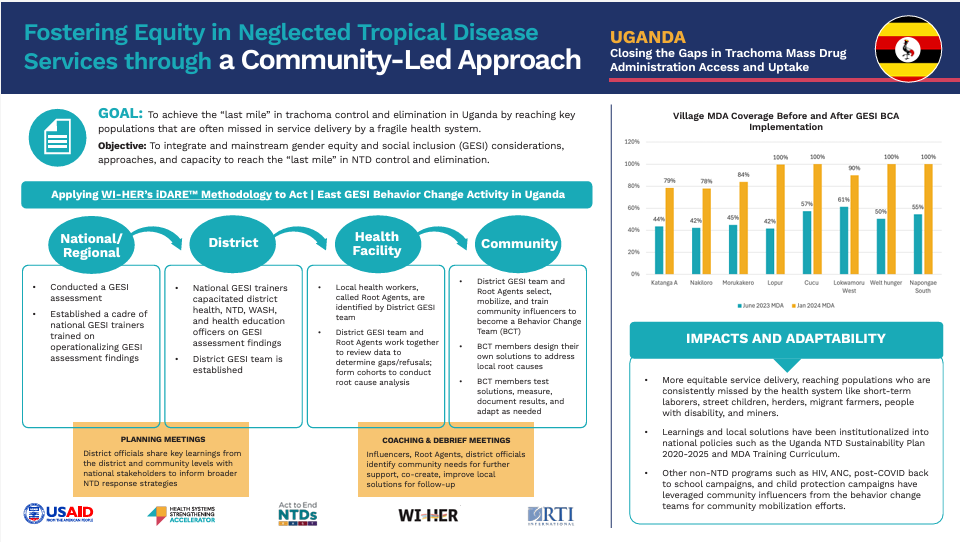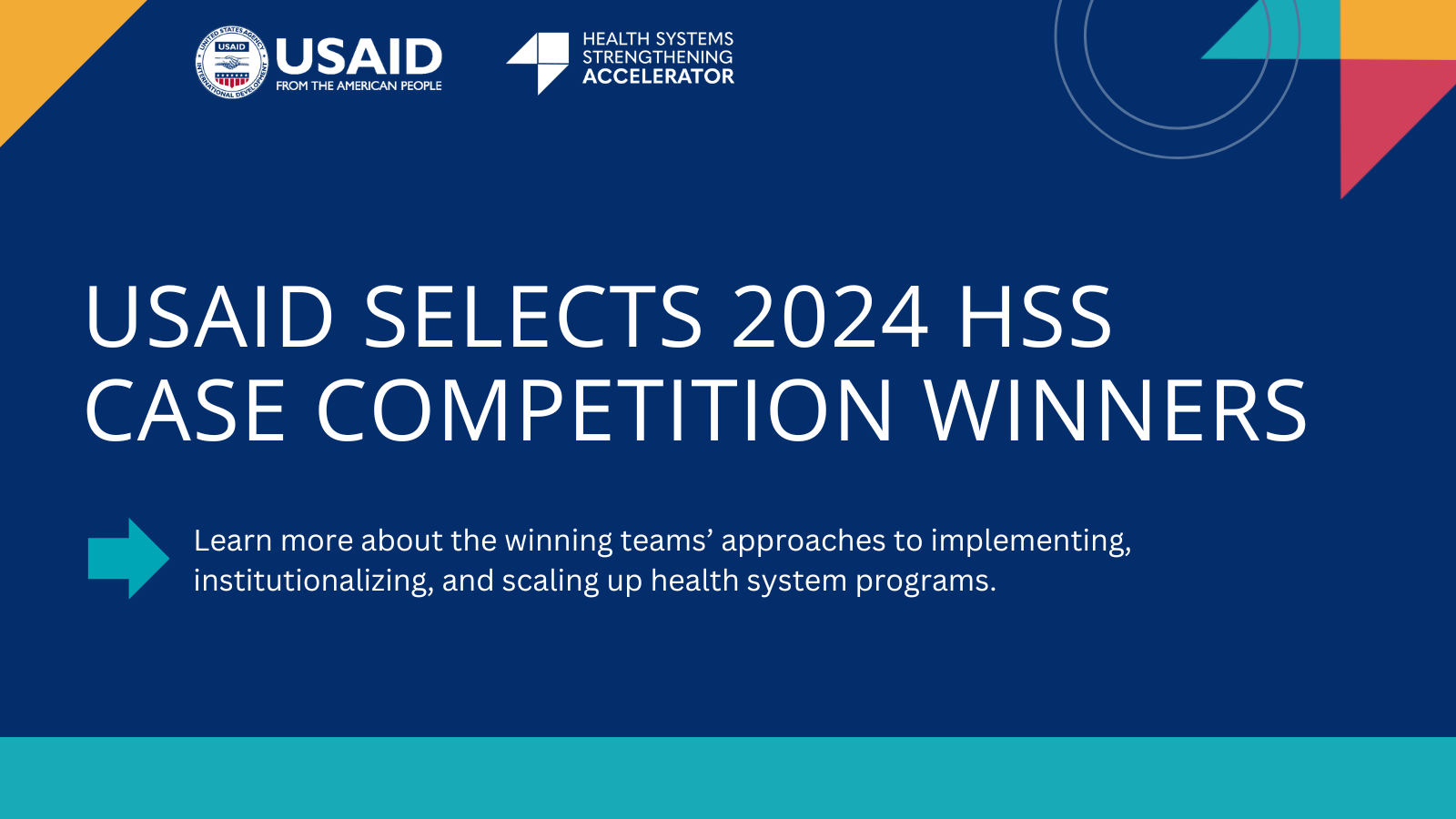
Home » 2024 USAID Health Systems Strengthening Case Competition
Announcing the Winners of the 2024 USAID Health Systems Strengthening Case Competition
USAID and the Health Systems Strengthening Accelerator (Accelerator) are excited to announce the three winning teams of the 2024 USAID Health Systems Strengthening Case Competition.
We received 109 submissions and were deeply grateful for the volume, quality, and diversity of health system strengthening work that was represented. These real-life examples provide invaluable insights into implementing, institutionalizing, and scaling up health system programs and approaches. The case submissions significantly contribute to the ongoing work of USAID and its partners, strengthening the global HSS evidence base.
A Virtual Showcase Event was held on Monday, July 15, 2024, from 9:00 to 10:30 AM EDT to showcase the winner’s innovative work.
2024 Case Competition Winners
Evidence-Based Action to Achieve Indonesia's Digital Health Transformation: Use of the Digital Maturity Index Assessment to Measure Health Information System Progression
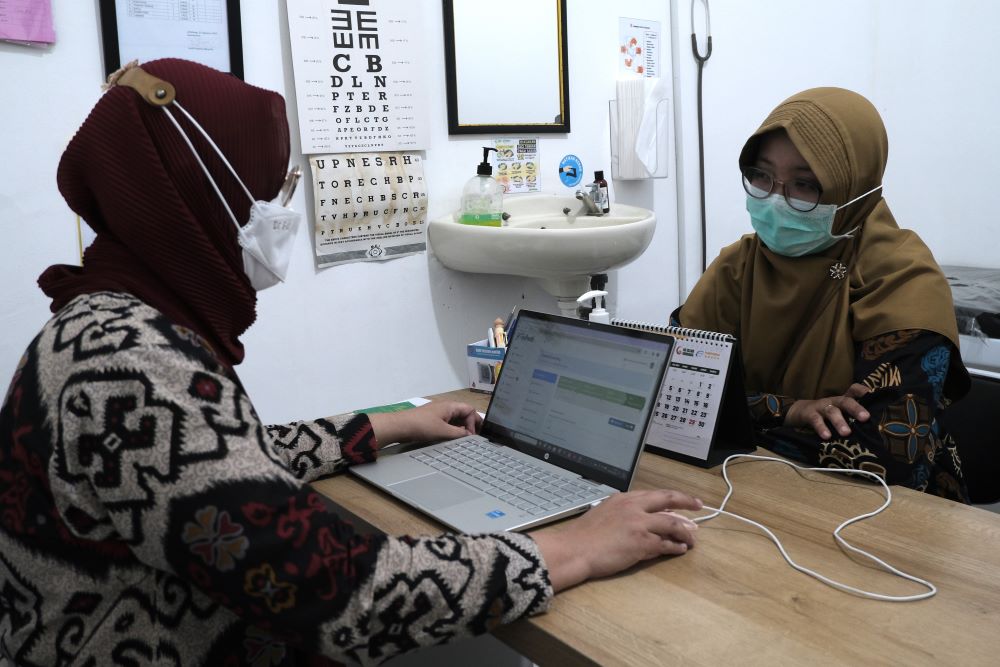
Project/Organization:
Country Health Information Systems and Data Use (CHISU)/JSI
Authors: Nony Parmawaty, CHISU; Tiomaida Seviana, Ministry of Health, Republic of Indonesia; Dian Sulistiyowati, Ministry of Health, Republic of Indonesia; Taufiq Sitompul, CHISU; Leah McManus, CHISU
A Model of Social Innovation in Health Care Systems for Reducing Severe Maternal Morbidity
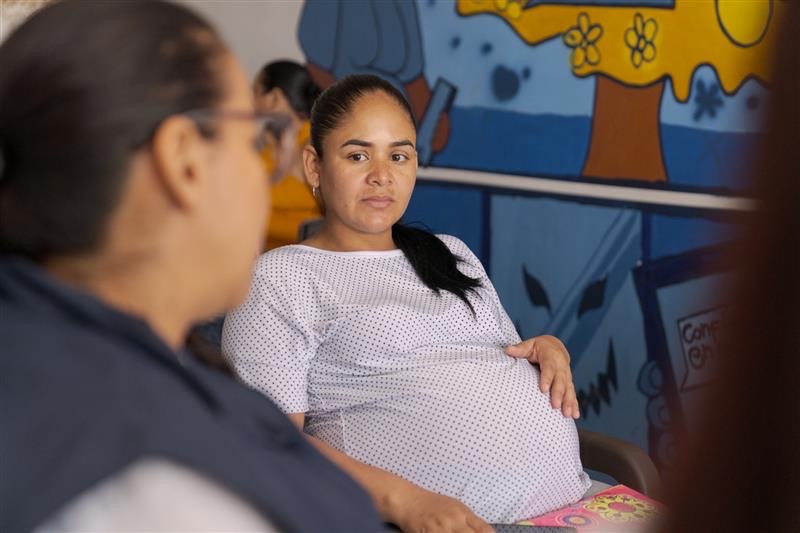
Project/Organization:
Local Health Systems Strengthening project (LHSS)/Abt Global
Authors: Miguel Pulido, Chief of Party COP; Ana Ragonesi, Technical Director LHSS Colombia; Tatiana Díaz, Service and Quality Provision Leader; Ricardo Domínguez, Deputy Chief of Party; Rosa Cárdenas, Primary Healthcare Services and Quality Specialist David Gómez, Health Financing Lead; Francisco Daniel Trejos-Mateus, Knowledge Management Specialist; Jonathan Cali, Project Senior Manager; Brenda Hernandez, Project Manager; Yordanos Molla, Monitoring,Evaluation, and Learning Specialist.
Contributors: Institute for Healthcare Improvement -IHI, ProPacífico
Fostering Equity in Neglected Tropical Disease Services Through a Community-led Approach in Uganda: Closing the Gaps in Trachoma Mass Drug Administration Access and Uptake
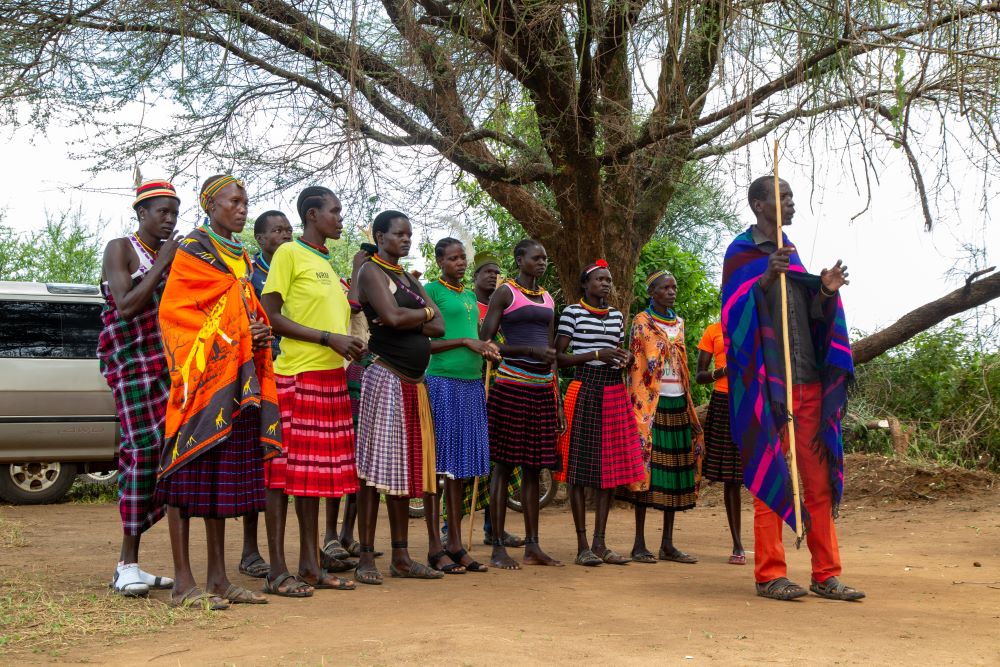
Project/Organization:
USAID’s Act to End NTDs | East program /WI-HER
Authors: Alfred Mubangizi, Ministry of Health, Uganda; Hilda Kyarisiima, Ministry of Health, Uganda; Emmanuel Ssegawa, WI-HER Uganda; Dany Chhan, WI-HER; Claire Karlsson, WI-HER; Palma Marwas, WI-HER Uganda; Elizabeth Sutherland, RTI International; Babar Khan, RTI International; Andrew Kyambadde, RTI International; Herbert Nturanemigisha, RTI International; Sharone Backers, RTI International; Taroub Faramand , WI-HER
Key Dates
ACCEPTING SUBMISSIONS
Deadline Extended
March 20 – April 19
WINNERS SELECTED
June 20
DISSEMINATION EVENT
Virtual
July 15, 2024 from 9:00 a.m. – 10:30: a.m. EDT
French translation is available
Case Competition Information
USAID-funded or closely collaborating projects.
USAID staff and implementing partners are invited to submit a case study using this form to highlight work that speaks to one of the following themes:
- Theme 1: Describe a case of an impactful HSS practice was successfully institutionalized and/or implemented at scale.
- Theme 2: Describe an example of how a specific measurement tool, approach, and/or data source was used for effective HSS monitoring and evaluation.
- Theme 3: Describe an effective approach to enabling whole-of-society participation and leadership in developing locally-led solutions to improve health system performance and health outcomes.
Participants will submit a case highlighting an activity relevant to one of the three themes above. The submission form will ask for a summary of the following questions:
- What was the context and problem you sought to address?
- How was this approach implemented?
- What results and impact did you achieve?
Four judges will score entries. Judging criteria will be standardized using this Scoring Rubric:
- Use of systems thinking in conceptualization (25%)
- Intentional and systematic implementation (15%)
- Clearly demonstrates the achievement of health system outcomes linked to the activity (25%)
- Location of leadership (15%)
- Adaptability (10%)
The panel’s scores will be normalized along a Z-curve and averaged, and the top five entries will be submitted to a second panel, including USAID reviewers. The second panel will select three winning entries.
The Accelerator will host a high-visibility event later in 2024 in which winners will be invited to present their case studies to an audience of other implementing partners, global stakeholders, and funders.
All qualifying entries will be uploaded to the Accelerator’s website. The winning entries will be highlighted and receive additional publicity on social media.
General
What is the purpose of the USAID Case Competition?
- To allow USAID, country implementers, and global/regional stakeholders to learn what does and does not work when implementing, institutionalizing, and scaling up HSS activities and approaches in real-life examples.
- This competition also raises the global visibility of promising health systems approaches.
Do cases have to represent only USAID-funded work?
The specific activity must be connected to USAID, such as through funding, collaboration, or partnership.
In what languages can cases be submitted?
We can process and display cases in English or French.
Can I edit my entry once it has been submitted?
Due to the limited number of submissions that the organizers are able to receive, we are unable to accept any updates to your entry after your initial submission.
Eligibility/Submission
Are there limitations on when the case took place?
There are no time limits or restrictions.
Can we submit entries from U.S. government activities aside from USAID?
While the activity can be connected to other U.S. government activities, it must also be connected to USAID in some way.
What does “systems thinking” mean and how can we apply it to health?
Systems thinking is a set of analytic approaches and associated tools that seek to understand how systems function, evolve, behave, and interact with their environments and influence each other. Systems thinking can help us to understand the complexity of health systems by looking at them in terms of wholes and relationships, rather than as individual parts.
USAID defines health system strengthening as the strategies, responses, and activities that are designed to sustainably improve country health system performance by improving equity, quality, and resource optimization. These priority outcomes are defined as:
- Equity: An equitable health system affords every individual a fair opportunity to attain their highest level of health regardless of social or demographic factors, with particular emphasis on underserved, socially excluded, and vulnerable populations.
- Quality: A quality health system is responsive to patient and population needs and utilizes data-informed, continuous process improvement to consistently provide safe, effective, trusted, and equitable health care and medical products to improve and maintain health outcomes for all people.
- Resource Optimization: Resource optimization ensures that partner-country health systems adopt sustainable approaches to mobilize and use their various resources efficiently, effectively, and transparently to meet population health needs, where efficiency is determined both by the product derived from a given set of resources and the benefit obtained from their allocation.
Examples of activities that demonstrate systems thinking may include:
- Developing and implementing a national community health policy that recruits, trains, finances, and/or supports oversight of community health workers to increase people’s access to health services and improve equity, aligned with national health system human resource policies.
- Developing and rolling out an integrated, interoperable electronic health information management system that is a local adaptation of a global good and supports local digital systems governance capacity.
- Conducting implementation research to support the implementation and scale-up of a budgeting tool that helps health managers better forecast needs and budget resources across health programs.
Case Competition Judges
Dr. Karen Ann Grépin – Associate Professor at the School of Public Health, The University of Hong Kong; Non-Resident Fellow, Center for Global Development
Dr. Ama Pokuaa Fenny – Senior Research Fellow, Institute of Statistical, Social and Economic Research at the University of Ghana
Dr. Leizel Lagrada-Rombaua - Associate Professor and Coordinator, Program for Health Equity at the College of Public Health, University of the Philippines Manila
Dr. Kamaliah Mohamad Noh – Professor of Public Health and Community Medicine at the University of Cyberjaya; Former head of the primary health care section of the Malaysia Ministry of Health
Dr. Helen Saxenian – Independent health economist and formerly of the World Bank
Dr. Thomas Bossert – Senior Lecturer and Director of the International Health Systems Program of the Harvard T. H. Chan School of Public Health
Please submit all questions, completed forms, and images via email to mpastor@r4d.org.
